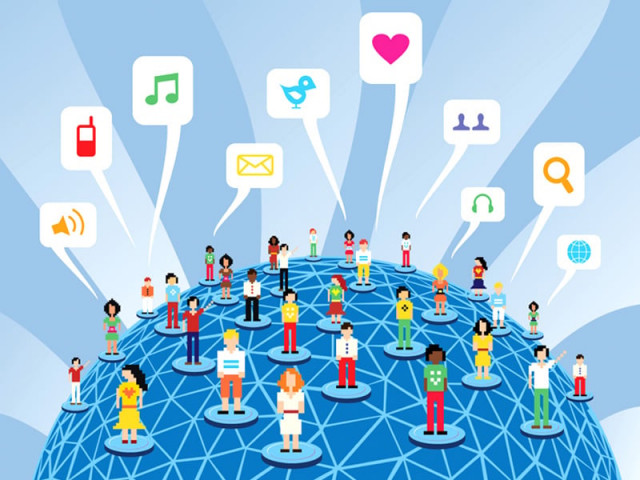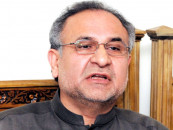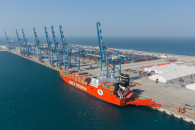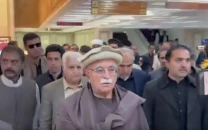The social network(s)
These sites have turned into a powerful tool to advertise local businesses and support social activism.

The social network(s)
Once considered to be a mere pastime, social networking online has become an inevitable part of our lives. For Jirbaan Fawad, a medical student, “the first thing I do after waking up is check my Facebook account.” On average, the global consumer spends about one in every four-and-a-half minutes online on blogs or social networking sites, reports research giant AC Nielson.
Explaining the evolution of social networking, Salma Jafri — owner of WordPL.net and author of over more than 30 e-books — says: “I think social media is still evolving. The way we communicate is constantly evolving. Anyone who calls themselves a social media ‘expert’ or ‘guru’ is a bit presumptuous. How can you be an expert in something that is changing so rapidly?”
Businesses in Pakistan have been quick to integrate social networking as part of their advertising strategy. Prior to its launch in Karachi, international food chain Hardees has managed to attract almost 1,400 fans through its official page on Facebook — one of the biggest social networking sites that currently has over 1.5 million active business pages.
“My business has thrived through social media,” says Jafri. Anila Weldon, of WeldonMoms, acknowledges that social networking websites have helped facilitate some of her businesses “because the popularity and acceptability of these sites is so widespread, our efforts yield results way easily and at a minimal cost”.
Talking about her preferred tool of advertisement, Weldon responds: “Depending on the message and our target audience, I use the online method, the conventional methods, or a mix of both.”
While advertising through networking sites seems cost-effective, Awab Alvi — who blogs by the name Teeth Maestro — differs: “Though online advertising is becoming popular, many firms are hesitant to advertise online, since they believe it is not very cost-effective.” This may be true for Pakistan where a massive chunk of the populace still doesn’t have access to the internet.
In recent years, social networking sites have also acted as a platform for activists all over the globe — protests in Egypt and riots in the UK were coordinated through such sites. However, Alvi believes that, “A revolution can never be brought solely through ‘Facebooking’ or ‘Tweeting’, as street activism will always be more powerful and effective then ‘click activism’.” Based on his experience, Alvi reveals that “less than one per cent of those who ‘attend’ the event virtually, actually turn up”.
“People should realise that if they are serious about a certain cause, their responsibility goes beyond just clicking ‘attend’ on Facebook.” Weldon seconds this, stating: “If you talk about real activism and revolutions, the social websites are yet to deliver something concrete.”
However, it was solely through such sites that Karachi recently witnessed a record number of people who sang the national anthem on August 14. At a stadium in Khadda market area of Karachi, 5,857 people gathered and beat the previous record of 5,248, achieved by students, staff, faculty and alumni of MSU-IIT (Philippines) who sang Philippines’ national anthem on September 1, 2009.
It seems that social networking has infiltrated all walks of life leaving nothing unexplored, not even the highly secretive Osama bin Laden Operation, which Sohaib Athar — a resident of Abbottabad — started tweeting about when circling helicopters disturbed the quiet night. Many untelevised events have also managed to gain attention through social networking sites. A Berkley student, James Buck, was arrested by the Egyptian authorities for covering antigovernment protests. Before being taken away, all Buck did was tweet “Arrested”, bringing his friends and supporters into action. Buck was released the following day through legal aid provided by his university.
From a medium of mere interaction, social networking sites can now support businesses, revolutions and political campaigns. With such a vast scope, one wonders what the next destination of these sites would be like.
Published in The Express Tribune, August 23rd, 2011.



















COMMENTS
Comments are moderated and generally will be posted if they are on-topic and not abusive.
For more information, please see our Comments FAQ